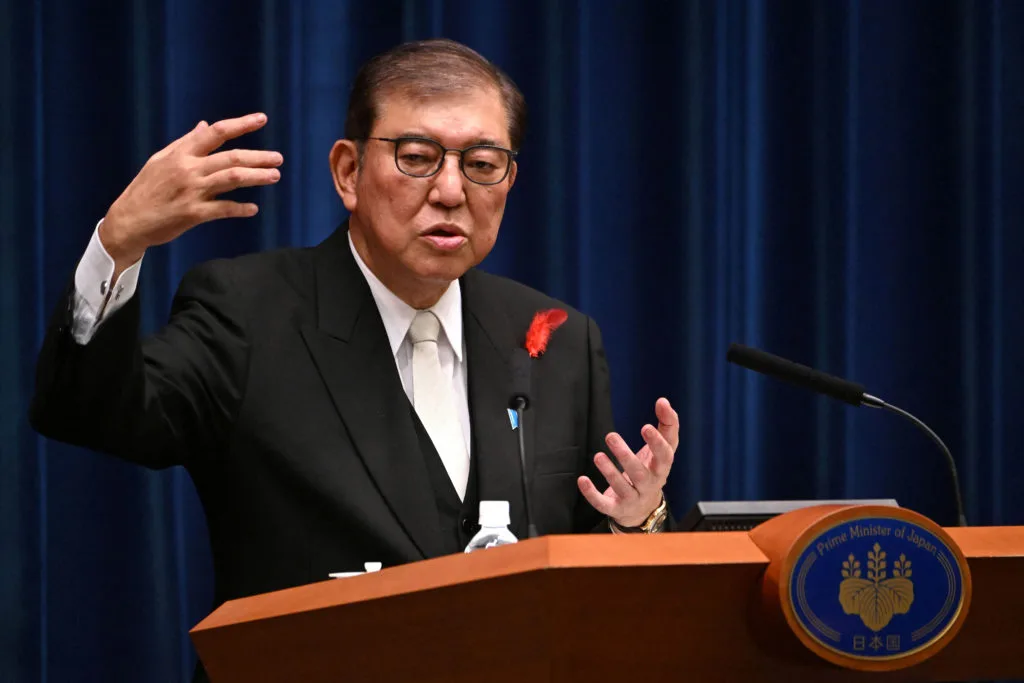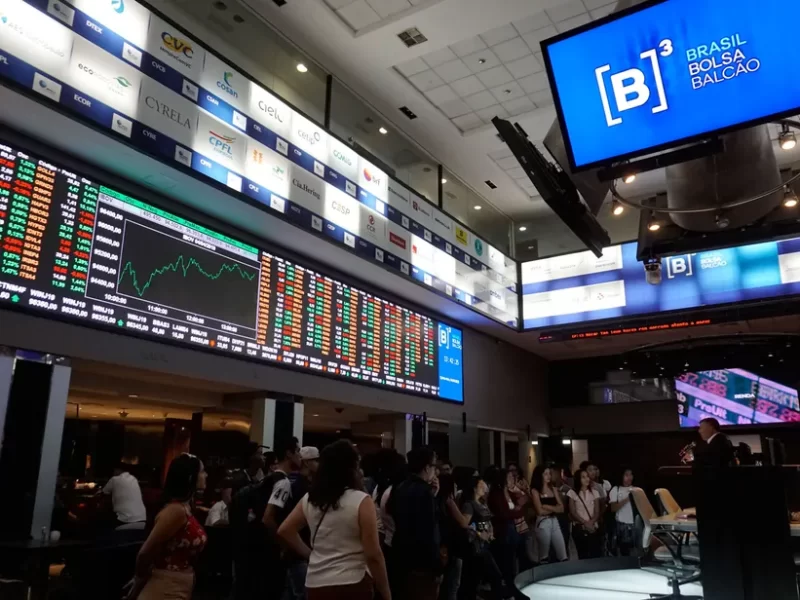The Japanese yen fell sharply on October 3, 2024, following surprising comments from the country’s new leadership. Prime Minister Shigeru Ishiba jolted currency markets by declaring that Japan’s economy was not ready for another interest rate hike.
His remarks caused a sharp 2.9% overnight drop in the yen against the US dollar. The decline marked the yen’s biggest daily decline since June 2022, outpacing recent volatility.
During morning trading in Tokyo, the currency briefly dipped below 147 yen to the dollar, a level not seen since September 3. The sudden devaluation caught many investors by surprise.
Bank of Japan Governor Kazuo Ueda echoed Ishiba’s cautious tone, further lowering expectations for monetary tightening.
These comments represented a significant departure from the central bank’s previous suggestions of possible rate hikes to address inflation concerns.


The yen’s weakness was not only due to domestic factors. Recent strong US labor market data and Federal Reserve Chairman Jerome Powell’s comments about a robust US economy also played a role.
This combination of factors created a perfect storm for the yen to depreciate. Historically, the yen has weakened since 2022, hitting multi-decade lows against the dollar.
In July 2024, it reached 161 yen to the dollar, raising concerns among economists and policymakers. The Bank of Japan had previously taken steps to address this trend.
At the end of July 2024, it implemented an interest rate hike. A weaker yen has far-reaching implications for Japan’s economy.
It benefits exporters by making their products more internationally competitive, potentially boosting export-driven sectors. However, it also raises inflation concerns as import prices tend to rise.
Challenges of Yen Devaluation
Prime Minister Ishiba’s “growth-oriented economy” policy aims to boost consumption and personal investment through rising wages.
However, the unexpected depreciation of the yen could complicate these efforts by potentially increasing the costs of imported goods.
Analysts now predict that the Bank of Japan is unlikely to raise interest rates again this year, potentially leading to continued yen depreciation through 2024.
Some forecasts suggest that the dollar-yen exchange rate could reach 143 yen to the dollar by the end of the year and 136 yen to the dollar by the end of 2025.
Global economic conditions may still influence the yen’s trajectory. A significant US economic downturn could cause the Federal Reserve to cut rates, potentially leading to yen appreciation.
In an extreme scenario where the Fed returns to zero interest rates, the yen could strengthen beyond 120 per dollar.
While the situation remains fluid, market participants will closely monitor further comments from Japanese officials and global economic indicators.
The coming months are likely to see continued currency market volatility as investors navigate this changing landscape.



